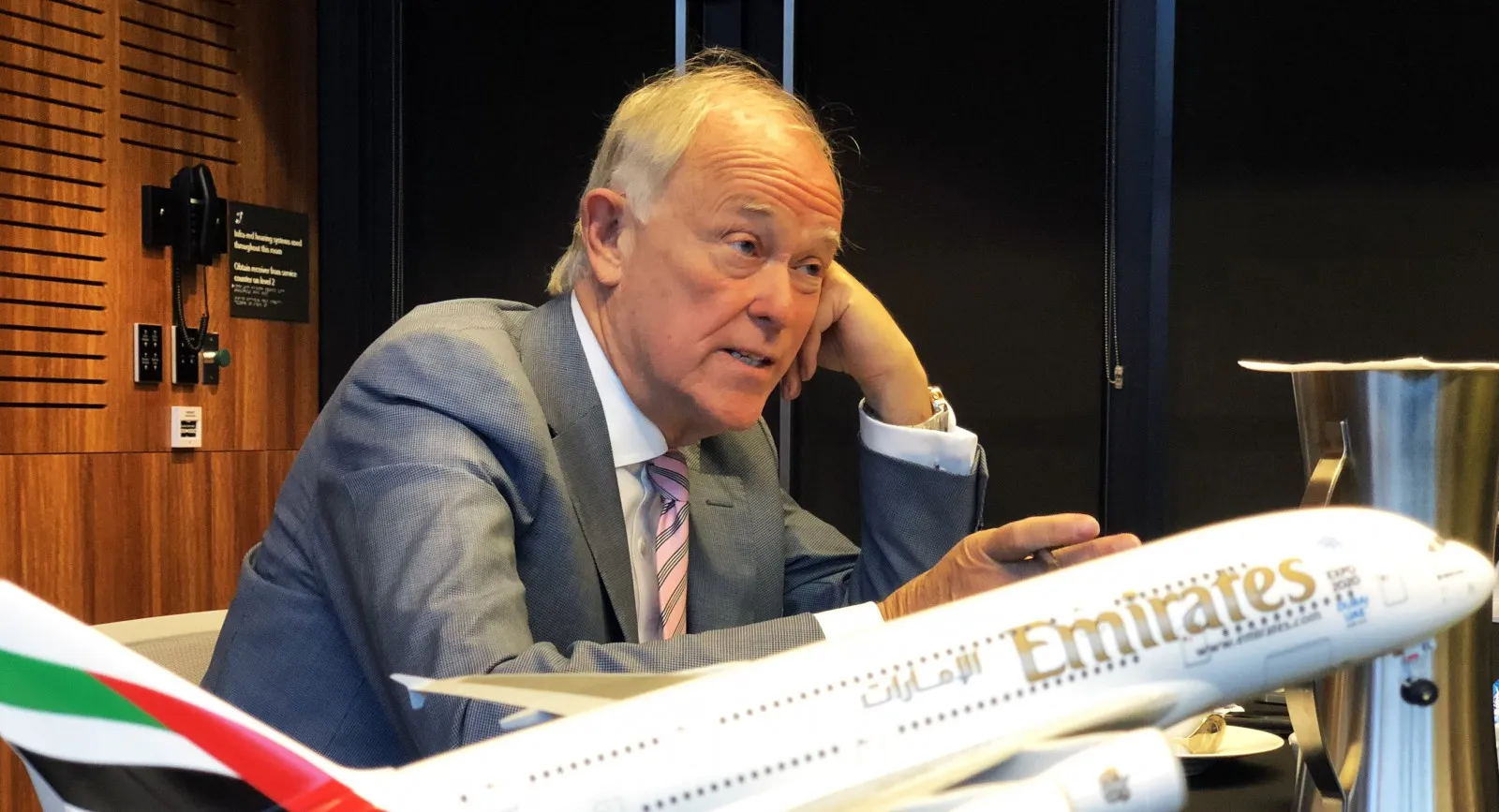
Engine makers let Airbus down says Emirates chief
Nov 29, 2020

Emirates Airlines' chief executive has expressed disappointment with aircraft engine manufacturers, stating that they have not met expectations in terms of performance and reliability. He highlighted that delays and issues with engine supply have negatively impacted the airline's operations and growth plans. This criticism underscores the challenges faced by airlines reliant on timely and efficient delivery of engines, which are crucial for maintaining schedules and expanding fleets. The Emirates chief's remarks reflect broader concerns within the aviation industry regarding the reliability of supply chains and the need for manufacturers to improve their service and support to airlines.
Engine Shortages Impacting Airbus Deliveries
The ongoing engine shortages have become a significant concern for Airbus as highlighted by the Emirates chief. The delay in engine supplies is affecting the delivery schedule of Airbus aircraft to many airlines, with Emirates being one of the most impacted carriers. This situation underscores the critical role that engine manufacturers play in the aviation supply chain.
Impact on Airline Operations
With the delays in aircraft deliveries, Emirates faces challenges in its operational planning and fleet management. The inability to receive new A350 and A380 aircraft on time means that the airline cannot expand its routes or increase capacity as planned. This situation is not only frustrating for Emirates but also for passengers who may face limited flight options.
Engine Manufacturer Challenges
Engine makers, such as Rolls-Royce and Pratt & Whitney, have been grappling with production challenges that have led to these shortages. Factors contributing to these difficulties include:
- Supply chain disruptions
- Labor shortages in manufacturing facilities
- Increased demand for new aircraft post-pandemic
This combination of factors has created a perfect storm, resulting in a backlog of orders that engine manufacturers are struggling to fulfill.
The Role of Engine Makers
Engine manufacturers are crucial partners for aircraft manufacturers like Airbus. The relationship between Airbus and its engine suppliers is vital for ensuring timely deliveries and maintaining production schedules. When engine makers fail to meet their commitments, it has a cascading effect on aircraft deliveries and, ultimately, on airline operations.
This has led to increased scrutiny of engine manufacturers and their ability to scale production in response to demand. Emirates' chief has called for more accountability from these suppliers, emphasizing that their performance directly impacts the airline's ability to serve its customers effectively.
Financial Implications
The delays in aircraft deliveries have significant financial implications for airlines. Emirates, like many carriers, has invested heavily in expanding its fleet to meet growing demand. With aircraft deliveries postponed, the airline faces potential losses, including:
- Lost revenue from unfulfilled routes
- Increased operational costs due to older aircraft remaining in service longer than anticipated
- Potential penalties associated with contractual obligations to deliver services
These financial pressures highlight the need for a reliable supply chain that includes timely engine deliveries.
Looking Ahead: Solutions and Strategies
As the aviation industry continues to recover from the pandemic, both Airbus and engine manufacturers must find ways to address the current challenges. Some potential strategies include:
- Enhancing collaboration between aircraft and engine manufacturers to streamline production processes
- Investing in technology and automation to increase manufacturing efficiency
- Diversifying supply chains to mitigate risks associated with single-source suppliers
By implementing these strategies, the industry can work towards preventing similar issues in the future and ensuring a more resilient supply chain.
Conclusion: The Need for Partnership
The situation described by Emirates chief illustrates the interconnected nature of the aviation industry. The relationship between Airbus and engine manufacturers is a partnership that requires transparency, communication, and accountability. As airlines like Emirates face the repercussions of engine shortages, it is crucial for all stakeholders in the aviation ecosystem to come together and address these challenges collaboratively.
Only through strong partnerships can the industry hope to navigate the complexities of supply chain management and ensure that airlines can meet the demands of their customers effectively.
Key Takeaways
The engine shortages affecting Airbus deliveries highlight several critical points:
- The importance of reliable engine manufacturers in the aircraft supply chain
- Financial repercussions for airlines resulting from delivery delays
- The need for improved collaboration and innovation within the industry
As the aviation sector continues its recovery, ensuring timely aircraft deliveries will be essential for maintaining customer satisfaction and operational efficiency.
Related Articles

Explore Thailand: The Best Islands to Visit for Paradise, Adventure, and Relaxation

The Ultimate Guide to the Best Islands in Thailand for Your Next Getaway

Do babies need passports? How to get a passport for a newborn

How to get a U.S. passport fast: here’s how to expedite the process

What is Mobile Passport Control: 5 reasons why you should use it

SENTRI vs. Global Entry: A detailed guide

Do you need a passport to go to the Bahamas? Let’s find out

Do you need a passport to go to Mexico? A detailed guide

Do you need a passport to go to Canada? We got the answer

Do You Need a Passport for a Cruise: An Essential Travel Guide

Booster Seat Requirements: All the Rules to Follow in Your Rental Car

What Are the World’s Most Powerful Passports, and How Does Yours Rank?

How to Take a Passport Photo at Home: A Helpful Guide

You've got to have heart! Southwest's new livery

Your opinion: Should water be free on low cost carriers?

Young women bolder than guys as solo travellers
